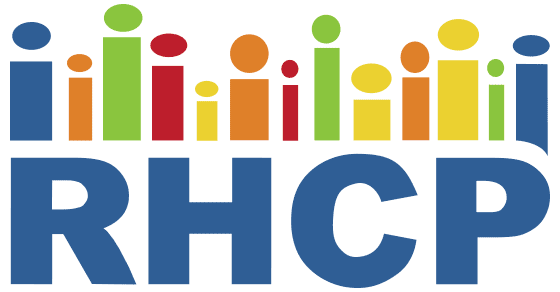Lessons Learned: Cultural and Linguistic Enhancement of Surveys Through Community-Based Participatory Research
National Institutes of Health Public Access 2014
RHCP collaborated with Somali, Hispanic, and Cambodian community partners to adapt and translate a diabetes survey for use in Rochester’s immigrant and refugee populations. The original 135-item survey was reduced to 110 items through a participatory process that included editing for cultural relevance, forward and back translation, and extensive group deliberation. This approach ensured semantic, cultural, and conceptual equivalence with the original instruments. Community partners played a central role in revising language for clarity, eliminating ethnocentric content, and addressing literacy challenges by recommending an interview format and visual aids for Likert scales.
The participatory process not only improved the survey’s cultural and linguistic relevance but also shaped its implementation strategy. Community input led to recommendations for gender-concordant facilitators, familiar survey settings, and pre-survey dialogue to build trust. Group deliberation emerged as the most impactful step, fostering community ownership and enhancing the likelihood of meaningful engagement and accurate data collection. RHCP’s experience demonstrates that participatory survey adaptation is feasible and beneficial, strengthening both the quality of the instrument and the partnership’s capacity to address health disparities through culturally grounded research.
